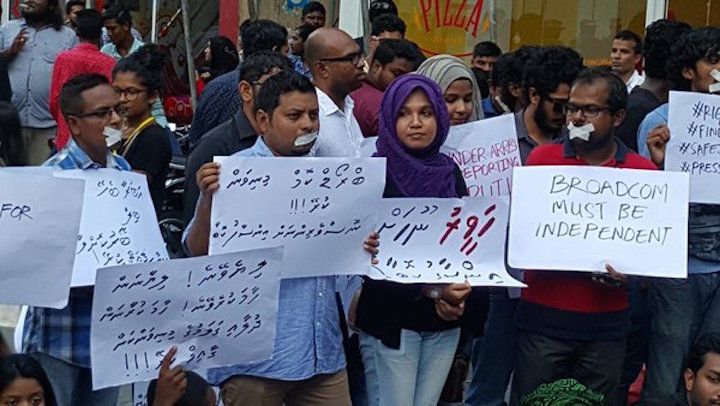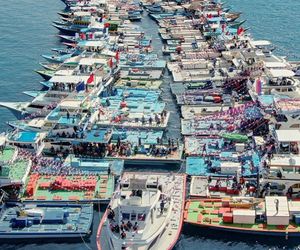Maldives slides on press freedom index
Based on developments during the past year, RSF said the government continues to “persecute the independent media” after a new law criminalised defamation and allowed the authorities to shut down media outlets.

27 Apr 2017, 9:00 AM
The Maldives has fallen five places in the France-based Reporters Without Borders’ annual press freedom index after a new law criminalised defamation and allowed the authorities to shut down media outlets.
The Maldives is now ranked 117 out of 180 countries, down from 112 the previous year.
Based on developments during the past year, RSF said the government continues to “persecute the independent media” and that many journalist have been the target of death threats from political parties, criminal gangs and religious extremists.
“This poisonous climate reinforces self-censorship,” the organisation observed.
Become a member
Get full access to our archive and personalise your experience.
Already a member?
Discussion
No comments yet. Be the first to share your thoughts!
No comments yet. Be the first to join the conversation!
Join the Conversation
Sign in to share your thoughts under an alias and take part in the discussion. Independent journalism thrives on open, respectful debate — your voice matters.




